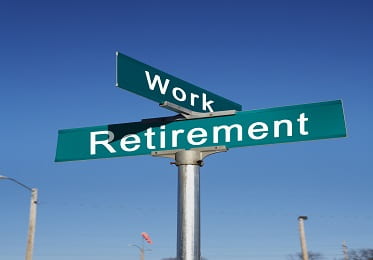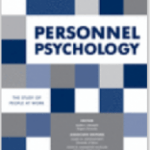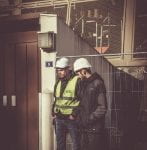
Work is a topic and activity central to the adult experience. In early adulthood people typically focus on choosing an occupation and managing the school to work transition. During midlife, goals and concerns shift to improving the work experience, career development and managing periods of unemployment. With improved health in later years and uncertain economic conditions, more people are living longer and working longer. For these workers major concerns pertain to when and how to disengage from formal work arrangements.
Workforce Entry

Young adults are beginning their careers later in life.
Bridge Employment

Workers can delay retirement and stay in the workforce through bridge employment.
Post-Retirement Work

Thanks to healthcare improvements, more people are returning to work after retirement.
Using a person-centric perspective, the Work Science Center seeks to encourage research examining the role of work histories, psychological, and contextual factors that affect employability, and the efficacy of interventions on job quality and the work experience.
For example:
1. What socio-cultural, occupational, and psychological factors promote later-age working life?
2. How can organizations facilitate work-related life-long learning and employee engagement throughout careers?
3. What is the relative efficacy of different cognitive-behavioral strategies to mitigate mental health issues and concerns during job search and unemployment?
Related WSC Content
- Adult Online Learning: The Experience of Skill Building in the GT OMSCS Program
 PIs: Julia Melkers (Arizona State University) and Ruth Kanfer Project: Online skill … Continue reading “Adult Online Learning: The Experience of Skill Building in the GT OMSCS Program”
PIs: Julia Melkers (Arizona State University) and Ruth Kanfer Project: Online skill … Continue reading “Adult Online Learning: The Experience of Skill Building in the GT OMSCS Program” - Forum: Building an Applied Science to Support Working Learners
 A virtual assembly funded by the National Science Foundation took place across … Continue reading “Forum: Building an Applied Science to Support Working Learners”
A virtual assembly funded by the National Science Foundation took place across … Continue reading “Forum: Building an Applied Science to Support Working Learners” - Personnel Psychology Call for Papers/Special Issue
 Date: Monday, September 23, 2019 Personnel Psychology has a call for papers for their … Continue reading “Personnel Psychology Call for Papers/Special Issue”
Date: Monday, September 23, 2019 Personnel Psychology has a call for papers for their … Continue reading “Personnel Psychology Call for Papers/Special Issue” - Eldercare and Workers
 By: Keaton Fletcher Research Hole: Workers Caring for Elders Work Science Center … Continue reading “Eldercare and Workers”
By: Keaton Fletcher Research Hole: Workers Caring for Elders Work Science Center … Continue reading “Eldercare and Workers” - Network Research Highlight: Outcomes of Negative Age Stereotypes
 By: Keaton Fletcher Meta-stereotypes are those that we think other people hold … Continue reading “Network Research Highlight: Outcomes of Negative Age Stereotypes”
By: Keaton Fletcher Meta-stereotypes are those that we think other people hold … Continue reading “Network Research Highlight: Outcomes of Negative Age Stereotypes” - Building a Bridge from Fulltime Work to Retirement
 By: Riley Swab Although older workers contribute valuable ideas, knowledge, and experience … Continue reading “Building a Bridge from Fulltime Work to Retirement”
By: Riley Swab Although older workers contribute valuable ideas, knowledge, and experience … Continue reading “Building a Bridge from Fulltime Work to Retirement”
